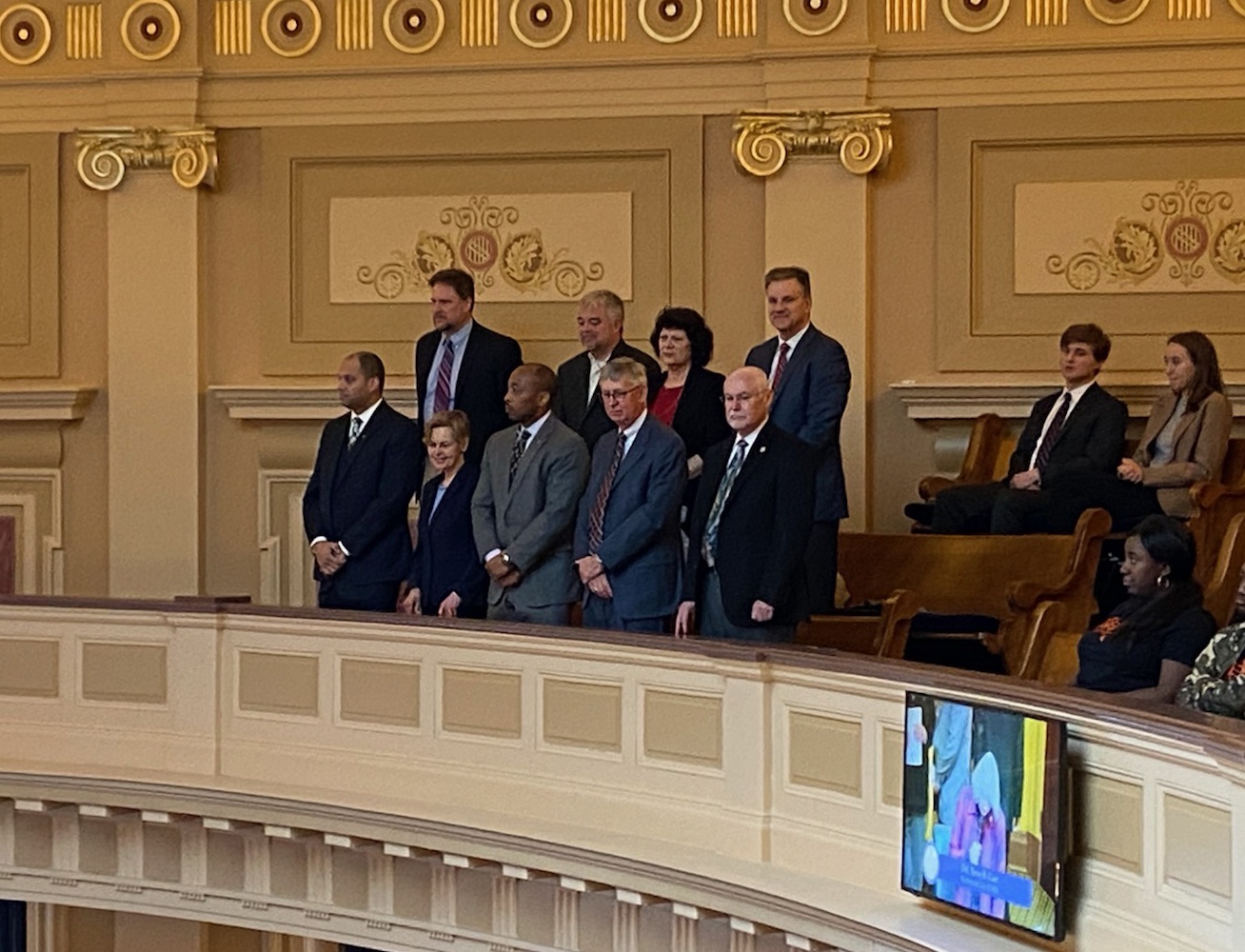
The 2020 Special Session began on Tuesday, Aug. 18, to address the forecasted budget shortfall, impacts directly associated with COVID-19, and the ongoing calls for social and criminal justice reforms. At the start of the special session, Governor Northam introduced a budget that was crafted to meet a projected $2.7 billion revenue shortfall over the course of the current biennium. When the COVID-19 shutdown started impacting state finances, the Governor froze (unallotted) most new discretionary spending until new revenue forecasts could be obtained and the General Assembly could meet in a special session to make adjustments. When the new revenue forecasts became available, they showed that while the state’s revenues declined, it was not as dire as was originally predicted. This was most likely due to the fact that Virginia benefits from a large federal government presence which did not wane as COVID-19 appeared, and Virginia’s large technology sector was still able to operate effectively despite the closure of many physical offices. With this information, prior to special session, the Governor proposed a revised budget. In this revised budget, the Governor balanced the budget by making most of the budget freezes (or “unallotments”) permanent, while sparingly introducing a few new spending priorities.
From a process standpoint, the special session was unlike any other before it. To ensure the safety of its members, the House moved floor sessions and all committee meetings to a virtual format. The Senate, taking a different approach, continued to meet in person for floor sessions and committee meetings, albeit in a larger temporary space inside the Science Museum of Virginia. Citizen input to the House and Senate committee meetings was limited solely to written testimony and virtual appearances via videoconference.
The Virginia General Assembly finished consideration of bills and the budget on Friday, Oct. 16, making it the same length as a traditional “long” session (60 days). The General Assembly passed bills to ban chokeholds, “no knock” warrants, and establishing minimum training standards for law enforcement agencies. They passed measures giving local government the option to create civilian review boards with subpoena power to investigate alleged police misconduct and giving the Attorney General the power to investigate allegations of systemic racism within law enforcement agencies.
Since our September legislative update, Del. Guzman’s (D-Woodbridge) paid quarantine leave (HB 5116) bill failed in the Senate Committee Commerce and Labor by a 14-1 vote. The two bills (SB 5067 – Saslaw and HB 5074 – Sullivan) that would provide businesses immunity from civil claims related to the transmission of or exposure to COVID-19 were stricken by their respective patrons after the inability to have labor and business groups reach an agreement. Lastly, Sen. Lewis’ (D-Accomac) bill (SB 5106) that would extend local land use approvals to address the pandemic passed and was signed by the Governor.
The General Assembly is now faced with only two months left to prepare for the 2021 regular session, which is scheduled to begin on Wednesday, Jan. 13, 2021. The House will meet virtually during session in 2021. Currently, the Senate is planning to meet socially distanced at the Science Museum of Virginia.
If you have any questions, please feel free to submit them to Corey Clayborne, FAIA at cclayborne@aiava.org
*Source: Williams Mullen
